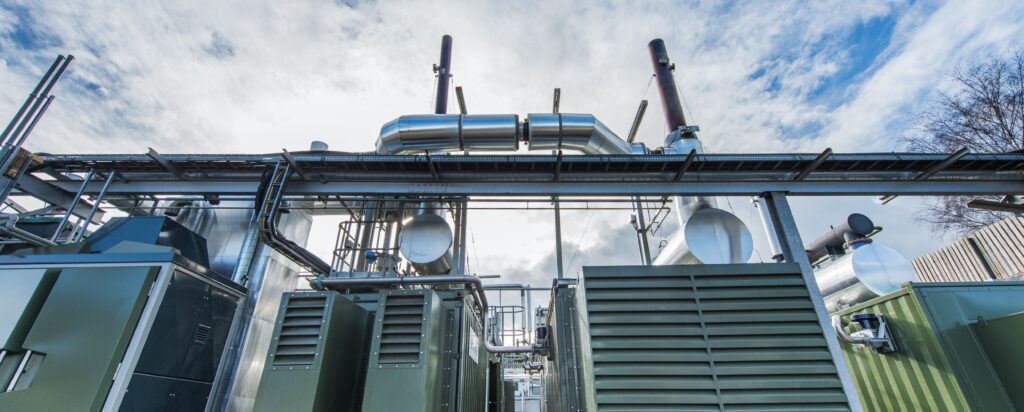Swancote Energy is investing in new facilities to generate renewable biomethane gas from commercial food waste. The facilities also enable carbon capture and will be built alongside the company’s existing food waste and packaging recycling plant in the centre of the UK.
“Biomethane is an important part of UK strategy to combat climate change and achieve long-term, sustainable growth from a low-carbon economy. It can be used as a direct alternative to fossil gas, but does not include CO2, which we will capture at the point of production”, said Swancote Operations Manager James Wood.
Swancote Energy was established in 2011 and produces renewable energy from a combination of commercial food waste and purpose grown energy crops, via a natural process known as Anaerobic Digestion. “Anaerobic Digestion breaks down food waste to create gas and solid material called digestate which we use to make nitrogen-rich fertiliser. Until now we have used the gas to generate electricity, but this new investment also enables us to capture carbon dioxide and supply gas to the national gas grid network” said James.
The need for renewable energy generation is driven by government legislation and guidance at both a local and national level in the UK. The British Energy Security Strategy was published in April 2022 and seeks secure, clean and affordable British energy for the long term. “Biomethane cuts emissions in the hard to de-carbonise sectors of heat and transport,” explained James, “and of course we’re putting commercial food waste to good use.”
“Our goal as a business is to reclaim all the carbon from food waste, both from the food itself and its packaging,” said James. “We are already the only UK biogas plant able to recycle all types of food packaging, including rigid plastics, removing the need to send material for incineration. With this new investment we will be able to offer customers a complete carbon capture solution for their food waste.”
Swancote Energy has received planning consent for the new biomethane facilities, which will become operational in April 2024.
